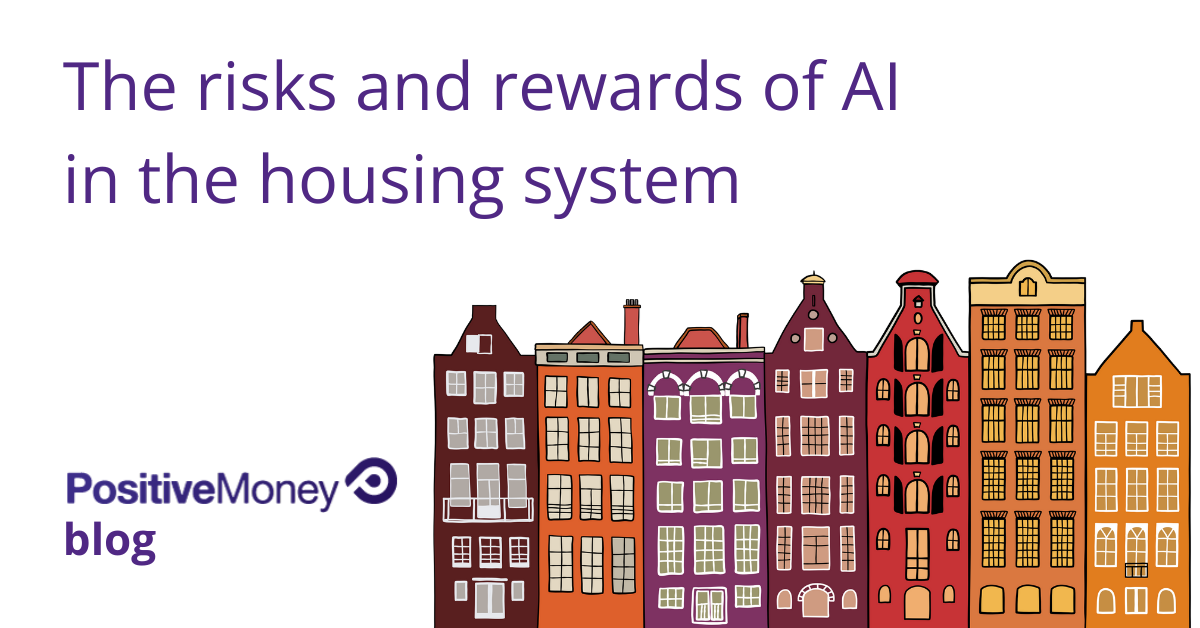Understanding the Risks and Rewards of AI in the Housing Sector: A Comprehensive Guide

The Risks and Rewards of AI in the Housing System
Source: Positive Money
Introduction
AI technologies are transforming the management of homes and buildings, presenting both opportunities for improvement and exacerbating existing issues in the housing system. The UK government must navigate these changes to prevent worsening the housing crisis.
AI Applications in Housing
- Mortgage Assessment: Tools like Google Street View are used for evaluating properties in the mortgage process.
- Planning Applications: Virtual Reality (VR) is being used in planning, potentially speeding up development projects.
- Data-Driven Valuations: Companies like Zillow and MIT's Senseable City Lab use AI to automate property valuations, which could reduce bias but doesn't address fundamental housing issues.
Financialization of Homes
AI is often leveraged in a way that views homes primarily as financial assets, contributing to the inflation of housing prices. This ongoing trend reduces homes to commodities rather than places for living.
Equity and Bias Issues
- Discrimination Risks: AI systems can perpetuate biases against marginalized communities by relying on flawed data.
- Renters' Vulnerability: Discrimination in tenant screening processes may worsen with AI, creating additional barriers for already disadvantaged groups.
- Surveillance Concerns: Increased monitoring of tenants through AI technologies raises serious privacy issues.
Opportunities for Better Planning
- Streamlining Processes: AI can simplify the bureaucratic challenges in planning approvals, helping local councils regain control over housing developments.
- Enhanced Data Access: AI tools can improve public access to housing data, thereby fostering greater community involvement in planning decisions.
Need for Ethical AI Usage
To harness the benefits of AI while mitigating its risks, stronger regulations and community-led approaches are necessary. Collaboration among stakeholders can help ensure AI applications serve the public good rather than private interests.
Conclusion
AI presents both challenges and opportunities in the housing sector. Balancing the potential for technological advancement with ethical considerations is crucial for addressing the underlying issues of housing affordability and accessibility.




